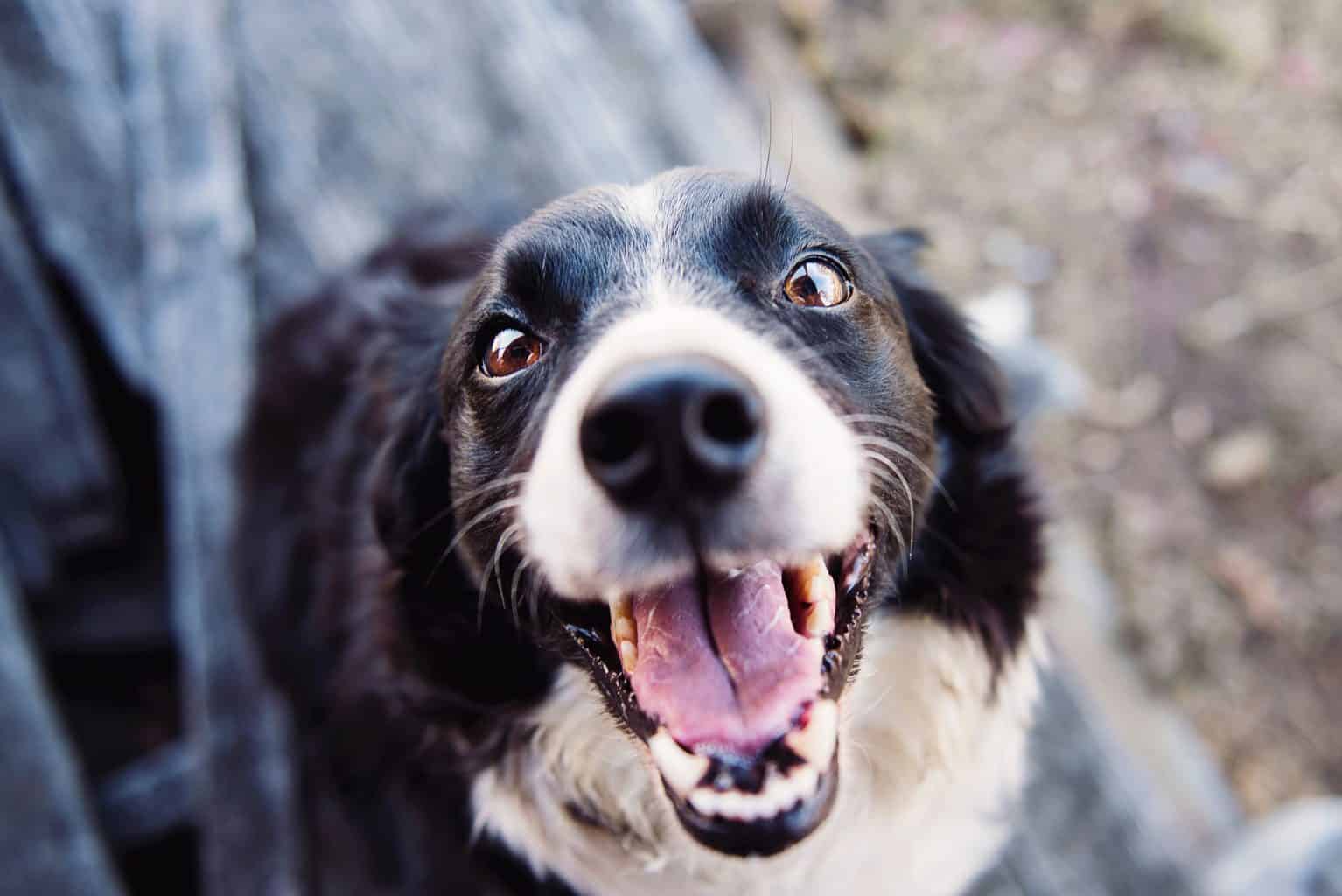It can be a bit frustrating when you touch your dog, and they yelp for no apparent reason. A dog’s pain isn’t always easy to see, and yet it often indicates that something is not right. If you’re asking yourself “why does my dog yelp when touched?” you need to determine the cause using their reactions and body language.
Why Does My Dog Yelp When Touched?
There are several possible reasons why your dog yelps when touched or cries out after being touched. Your dog may be suffering from some form of physical pain or stress. Meanwhile, it’s also likely that your dog is yelping because they’re too excited or seeking attention.
- Neck or Back Pain: If your dog is yelping and keeps his head bent down and tries only to move his eyes to look at you, there’s a chance that your pet is suffering from back or neck pain. The dog may experience muscle tension in their abdomen. When you can examine your pet, he probably won’t cry out on your first touch until you touch the part where he experiences the pain.
- Joint or Muscle Problems: Senior dogs are prone to joint or muscle problems. When you touch them, or they try to move their body, they might yelp and feel the pain worsening. Even young dogs are susceptible to muscle spasms and cramps that may result in leg limping or twitching. If you notice they are showing reluctance to run or having difficulty lying down, such conditions may call for the immediate assistance of veterinarians.
- Infection: If you feel no problem with the muscles or joints but your dog is yelping, an infection might make your dog yelp in pain. The most common is an inner or middle ear infection that causes your dog to cry when you touch his ears. Aside from that, they may show infection symptoms like vomiting, change in stool appearance, sluggish movements, and diarrhea.
- Excitement: A dog yelp doesn’t necessarily mean dogs are in pain; sometimes, it’s their way of expressing happiness when they see you home from work. Dogs get over-excited whenever they see someone or something they love. Sometimes, dog yelp means they know you are going to their favorite park or beach.
- Fear: If your dog has recently undergone a traumatic experience, yelping may translate into fear of experiencing it again. For example, shelter dogs maltreated by their previous or fighting dogs may still remember the pain. Even after the bruises heal, the emotional trauma may still be there.
- Anxiety or Stress: Dogs can also feel anxiety and stress due to several environmental factors. Probably your dog is yelping because they’re uncomfortable with the presence of a stranger petting him. Another possible reason is that your dog is yelping because he’s suffering from separation anxiety. If you’ve been out for a vacation, the dog’s reaction may be a combination of excitement and stress because they haven’t seen you for a long time. Once you start to pet them, dog yelp is a mixture of joy and anxiety.
How to Deal With Dog Yelp
The most crucial thing to do is to collect all possible information. Try to determine the following:
- Check for Pain-Induced Yelping: To prevent your dog from feeling joint and muscle problems, ensure they have access to plenty of drinking water throughout their play or exercise session. If you can’t go to the veterinarian for proper diagnosing, limit your dog’s movement and avoid strenuous physical activities.
- Bring your Dog for Check-ups: Aside from general consultation, vets might need to make physical and neurological exams on your dog. Only then can a vet identify the problem and decide the best solution.
- Consider Rest and Medication: When it comes to medication, a veterinarian might give anti-inflammatories and opiates for dog’s pain control. Cage or bed rest is another usual treatment. If there’s a more severe problem, like nerve damage, that’s when a veterinarian might suggest surgery and physical therapy.
- Check for Anxious Yelping: If your dog is yelping due to anxiety, stopping this can be a bit difficult unless you eliminate the source of concern. At times, dogs may not even control their pacing, excessively licking, chewing, or breaking things.
- Consider Separation Anxiety: Some dogs are at risk of separation anxiety, so try not to be with them for short periods. While you would love to spend every single moment with your pet, this can have negative consequences if you need to go out for long periods.
- Develop a Routine: Set a time when your dog plays alone and a different period of the day where you two can bond. Likewise, set a time for exercise, food, and sleep.
- Check for Attention-Seeking Yelping: There are dogs who constantly seek attention. Some even know that yelping is the only way to call your attention or get a treat. While you might not notice it, you may have encouraged this behavior by providing attention whenever they whimper.
- Train your Dog: The good news is that there’s still time for you to change this behavior. Teach your dog to remain calm and ignore the attention-seeking yelping.
- Give your Dog Treats: After that, start giving them treats for being quiet. Once your pet understands that they only get treats or attention when they are quiet, they will stop yelping or whining for no reason.
Conclusion
If only dogs can talk, then they will be able to tell humans how they feel. Since they have different ways of communicating with us, it’s our responsibility to understand their body language and verbal cues. When you hear your dog yelping, know that there’s a reason, and they are just trying to tell you what they feel. Call today to schedule an appointment to see our Veterinarian by calling (951) 676-4690.


